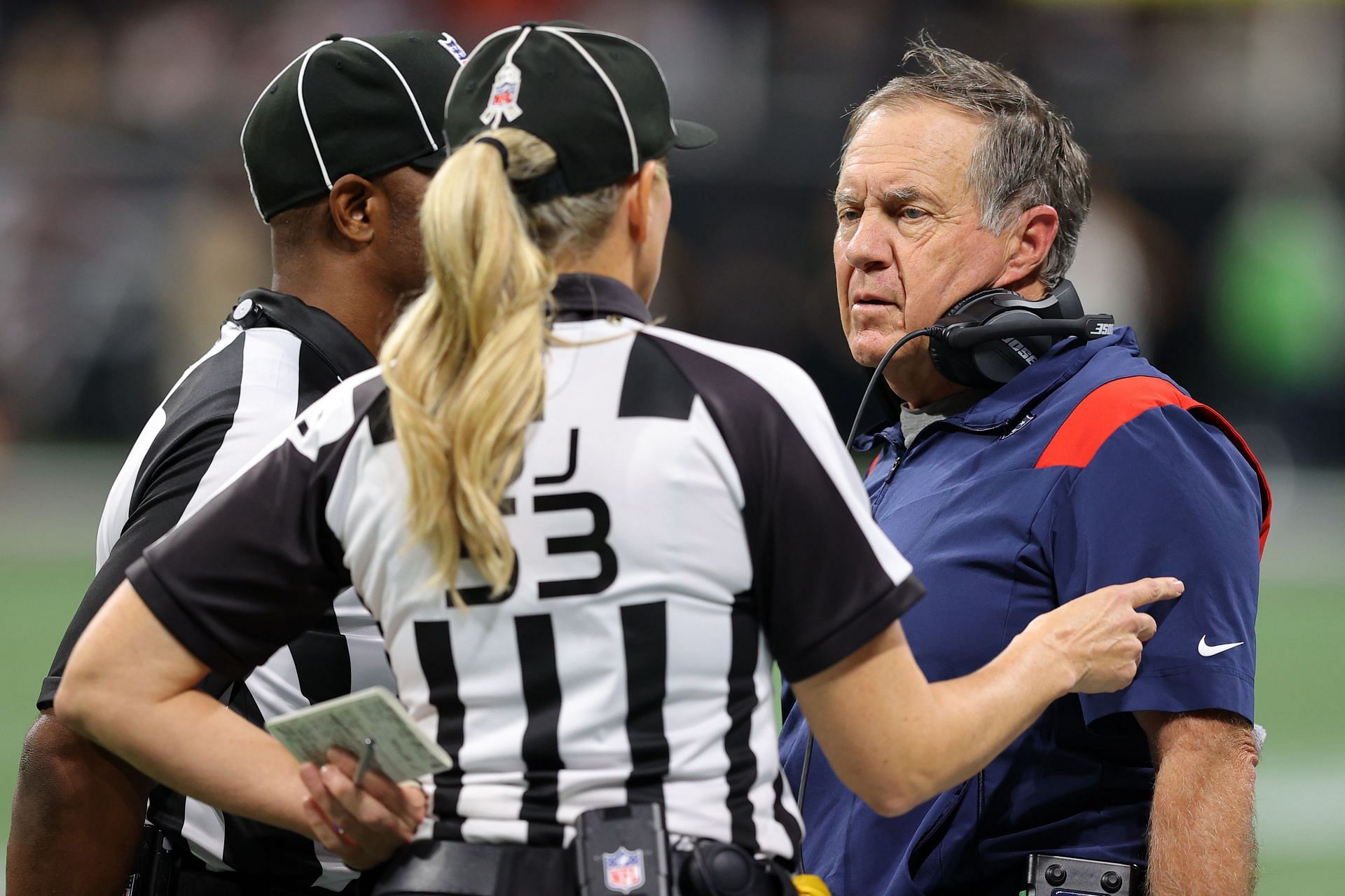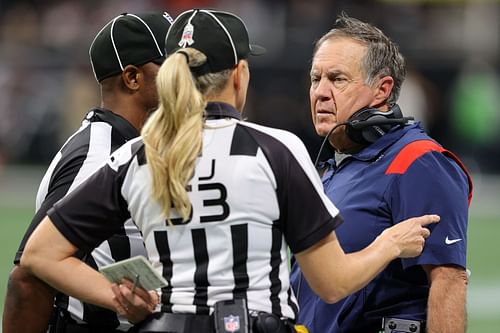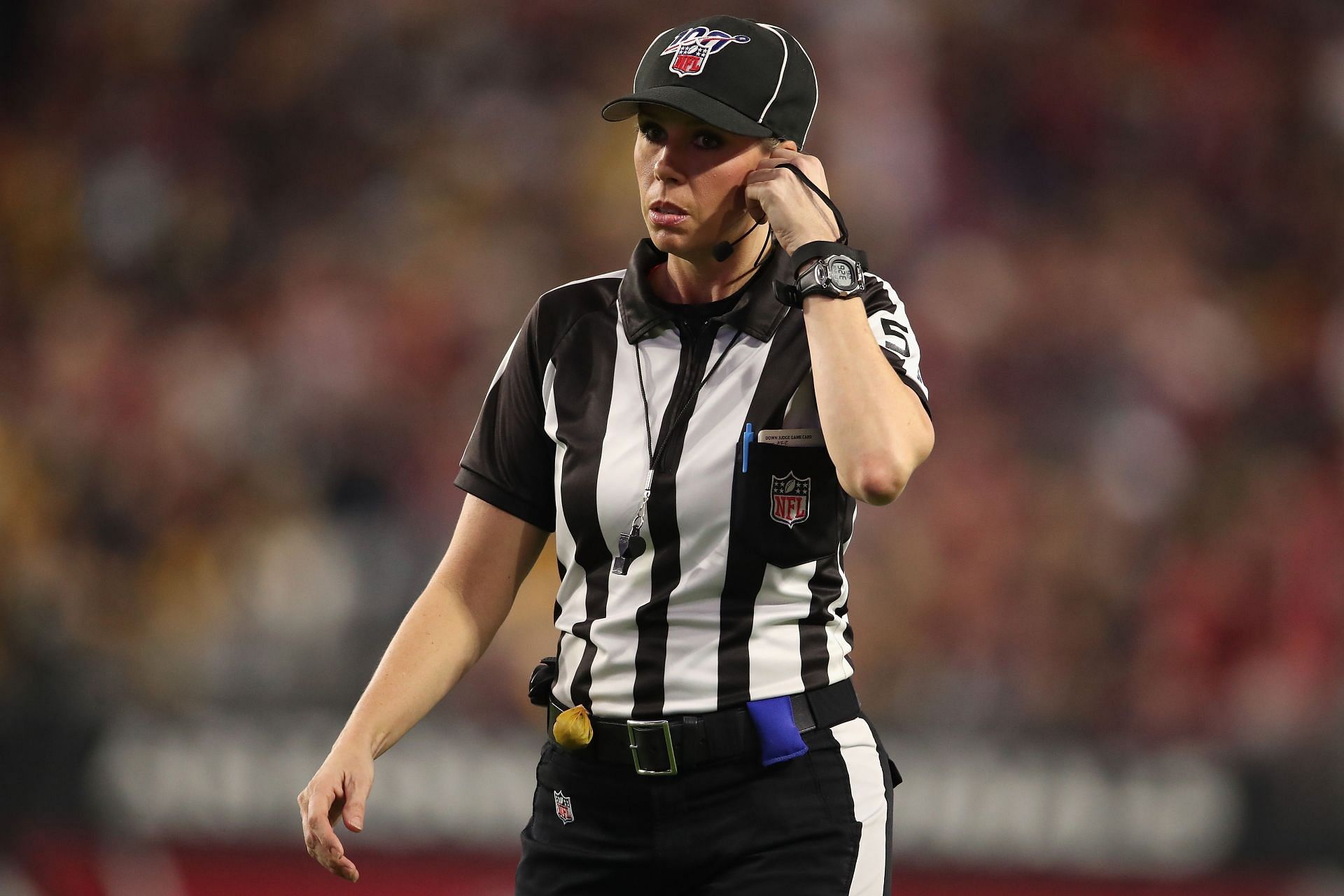
Do the NFL overtime rules need to be changed?

In a game that went to overtime, the Chargers and Chiefs exchanged blows on Thursday Night Football in a battle that will be remembered into the offseason. At the end of regulation, a 28-28 game that had evolved into a shootout went into the fifth quarter. Once in overtime, the Chiefs won the coin-toss and won the game on a check down to Travis Kelce, who went the distance.
Through their furrowed brows and tears of frustration, Chargers fans and Mahomes-haters brought up the old argument to change the overtime rules. Should this happen? Here's a look at some of the reasons why the league needs to take a serious look at correcting the issues of overtime.
Should the NFL change overtime rules?

Currently, the team that wins the coin toss at the start of overtime has the best chance of winning the game. This is because the team that gets the ball first can go and score a touchdown to win the game. If this happens, the other team's offense doesn't get a shot to match. The game is over.
In shootouts, a type of game the NFL seems to be pushing more every year, a tied game that goes into overtime essentially annoits the winner of the coin toss as the winner of the game. For a violent, exhausting three-plus hour affair to end on a coin toss is a tough way to end the game.
Also Read: What happens if the score is tied after overtime in the NFL?
Rather, many would say that it would be better if both teams were to get a chance with the football, no matter what happens. The NFL has taken steps towards this line of thinking, as a field goal no longer ends the game on the first possession. The NFL should simply continue on the path it is already on and extend its logic to allow for a touchdown.
Of course, the NFL fears games going on too long and creating extra injury opportunities for its players, which would hurt the quality of play in future games. Additionally, it makes television scheduling that much more unpredictable and creates a headache for the networks as they try to figure out how to play the next program on the fly.
One possible solution would be to allow both teams to possess the ball, no matter what, but force teams to go for two points, if a touchdown is scored. This allows for an extra variable to decrease the chances of a third possession, which is likely the biggest fear in the eyes of the NFL.
The NFL has made rule changes in the past and will certainly make more in the future. The way overtime ends could change, but it is up to the NFL players and fans to fight for this change at more productive times rather than after a loss. The issue needs an equally passionate level of conversation in the offseason, when changes are discussed.